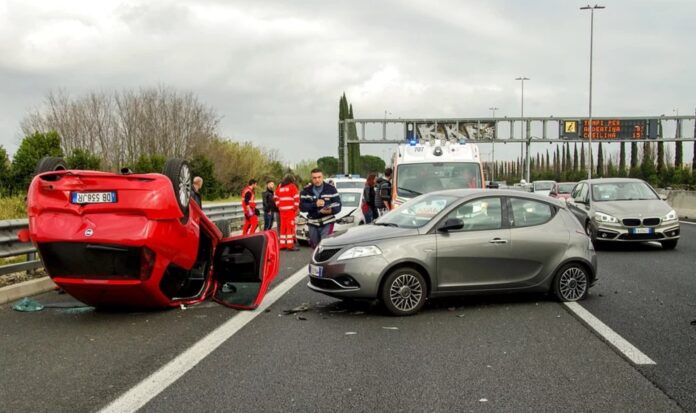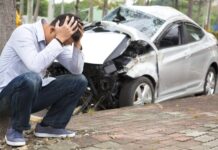According to The Law Offices of George Salinas, when someone is in a car accident, they may be able to receive compensation for non-economic damages. These non-economic damages can include pain and suffering, emotional distress, loss of companionship, and loss of quality of life.
Aside from the monetary component, it’s important to understand there can be serious effects on your mental and emotional health if you’re in a car accident.
These effects can last for years. They can change your life and alter your relationships.
You may experience symptoms and not even initially attribute them to your accident, but the sooner you can identify what you’re going through, the sooner you can get mental health care.
Even a minor accident can lead to serious mental health effects.
The following are some things to know about the mental impact of being in an accident on the roadway.
Post-Traumatic Stress Disorder (PTSD)
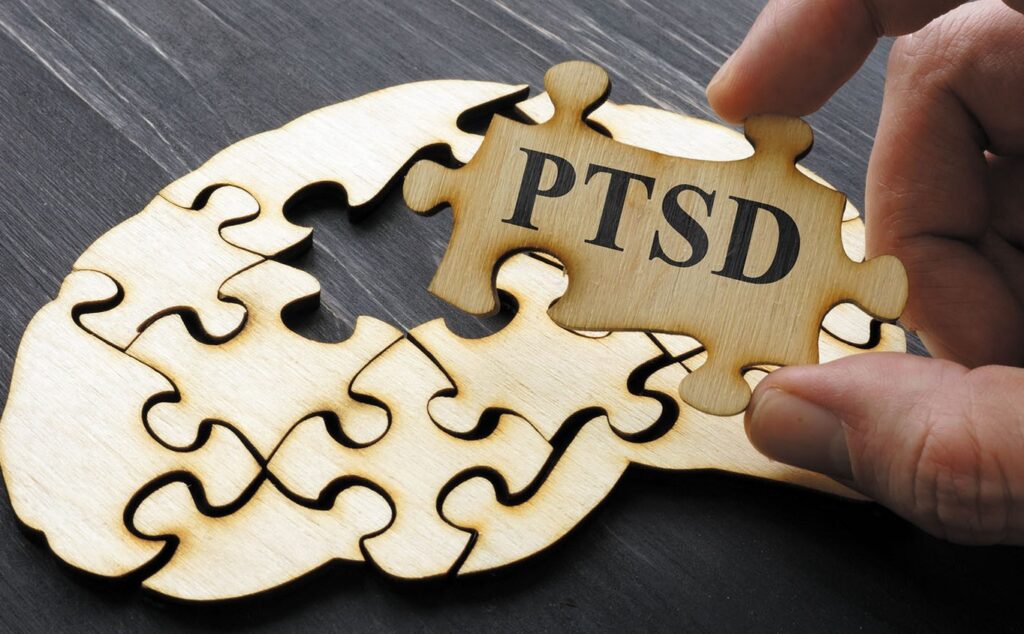
One of the most common effects people experience psychologically following a car accident is PTSD. PTSD is a diagnosable medical condition triggered by a scary or life-threatening event.
Sometimes the event doesn’t even have to affect you directly. You can develop PTSD if you simply witness a traumatic event.
The symptoms of PTSD usually begin within a month after the triggering event. If you’re still experiencing extreme symptoms of a car accident one month after the event, it could mean you have PTSD.
When someone has PTSD, it can lead to serious negative effects on their relationships, their work-life, and their daily life.
There are four categories of PTSD symptoms, which include:
Intrusive Memories
Intrusive memories are unwanted, recurrent, and distressing memories of the traumatic event, which in this case would be a car accident.
You might relive the memory, which is called a flashback.
You may also have nightmares or dreams about the traumatic event, and you could experience severe distress or physical actions if you’re reminded of the event.

Avoidance
Avoidance can mean that you try to avoid talking or thinking about the event that was traumatic for you.
You might also avoid people, activities, or places that remind you of it.
Negative Changes in Thoughts or Mood
There are many negative changes in thoughts or mood someone might experience if they’re dealing with PTSD from an accident.
You might feel hopeless, have memory problems, or feel detached from family and friends. You may begin to lose interest in things you once enjoyed, and you may feel numb or have difficulties experiencing pleasant or positive emotions.
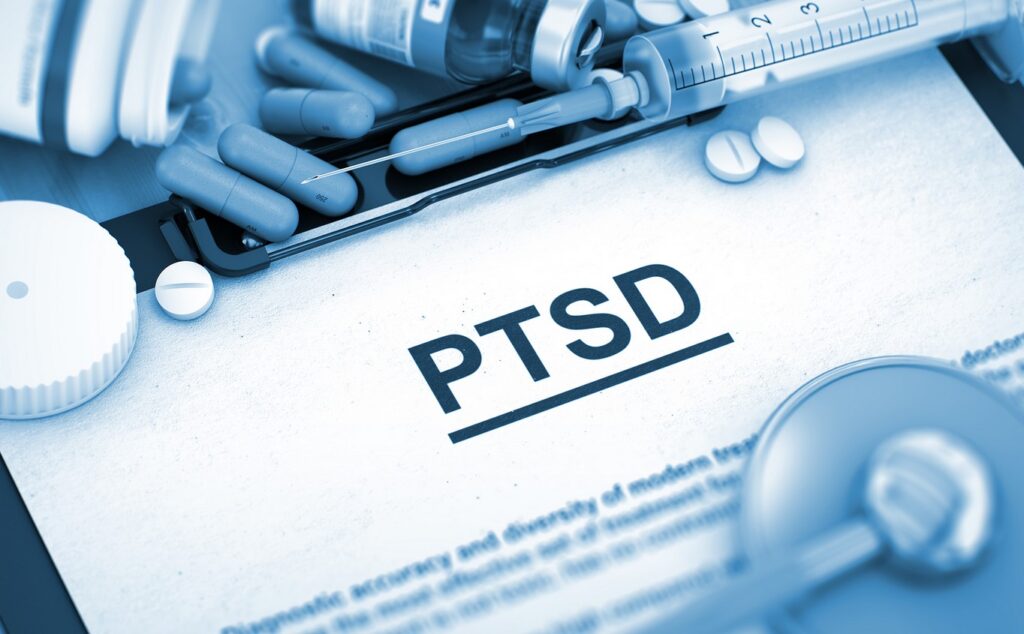
Changes in Emotional and Physical Reactions
These can be called arousal symptoms and may include being startled easily or always feeling like you’re waiting for danger. You could engage in self-destructive behaviors like self-medicating with alcohol. You could experience problems with sleep and concentration or have anger outbursts.
Seeing a Doctor
If you see symptoms of PTSD in yourself or a loved one, you should think about talking to a professional mental health care provider.
You can get past PTSD, but it often requires treatment and some work.
Emotional Distress
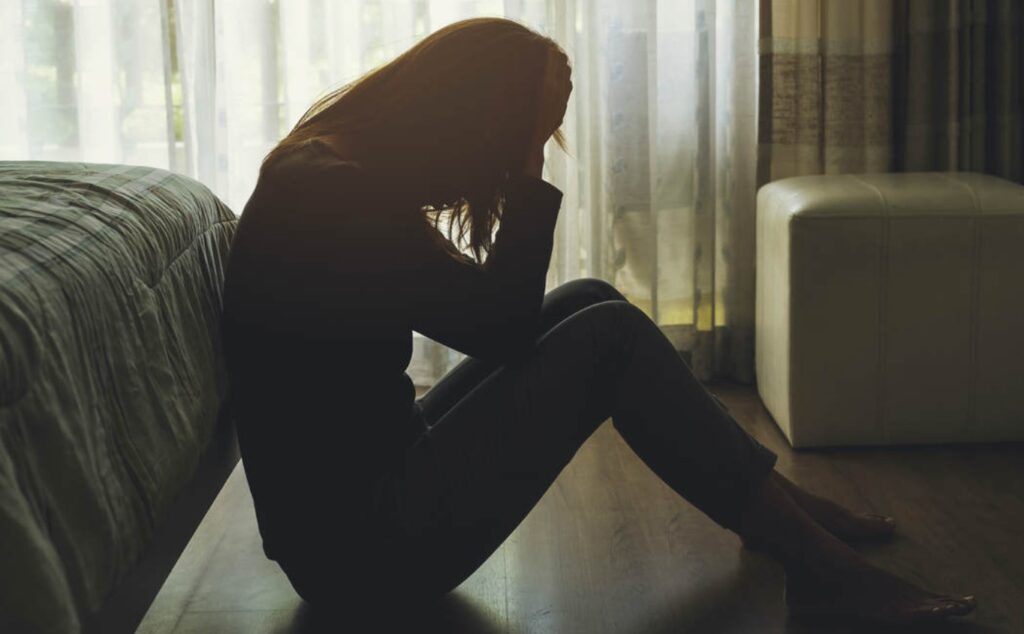
After an accident, even if you don’t have symptoms of PTSD, you’ll likely have emotional distress. Experiencing emotional distress is normal, and again, it’s only when it’s ongoing and lasts for a prolonged period of time that it may be diagnosed as PTSD.
When you have emotional distress or PTSD because of a car accident, you may find that you avoid many activities.
For example, you may avoid driving again or even being in a car with someone else driving. This can turn into a phobia.
If your emotional stress starts to affect your daily life and functioning, it could indicate a deeper issue.

Guilt
Along with general distress, guilt is a very common mental health side effects of being in an accident.
You may feel guilty that you hurt someone who was in the car with you or that you hurt someone in another car.
If a death is involved in the accident, your guilt may be even more severe.
It’s not abnormal to experience some level of guilt if you were in an accident with someone who got hurt, but you do have to work through those feelings and learn to stop blaming yourself.
Sometimes guilt is associated with depression or self-harm behaviors, so keep this in mind and watch for red flags in yourself or your loved one.

Anxiety and Depression
Anxiety and depression are already two of the most common mental health issues among people in the U.S.
A car accident can cause or worsen anxiety or depression.
If you go through emotions like sadness and shock after an accident, that’s normal. However, the feelings should gradually subside over time. If they don’t, it may represent a serious issue.
The same is true of anxiety. Developing a phobia of driving is one specific example of anxiety that can occur after an accident.
How Can You Work Through Trauma After a Car Accident?
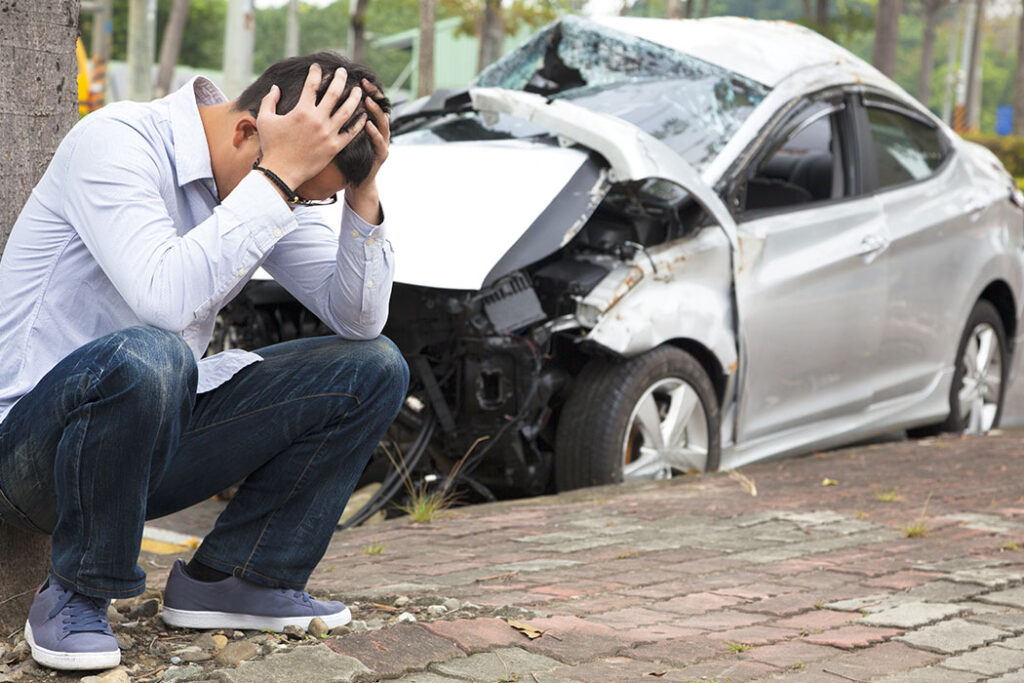
If you’re in a car accident and you experience negative mental health effects as a result, there are things you can do.
First, you should have a support system and share with them how you’re feeling.
If you think you’re experiencing things outside of the realm of what’s normal, talk to your loved ones. Don’t try to bottle up your feelings.
After an accident, it’s important to practice self-care as well, in whatever ways work for you.
This might mean taking time to exercise or simply to relax and recharge.
If you find that your symptoms are pervasive and interfere with how you function in your daily life, speak to a mental health professional. If you aren’t sure where to begin finding a mental health care provider, you can ask your primary care doctor for a referral.
Remember that experiencing mental health symptoms isn’t a weakness. It’s no different than symptoms of any other health condition.

